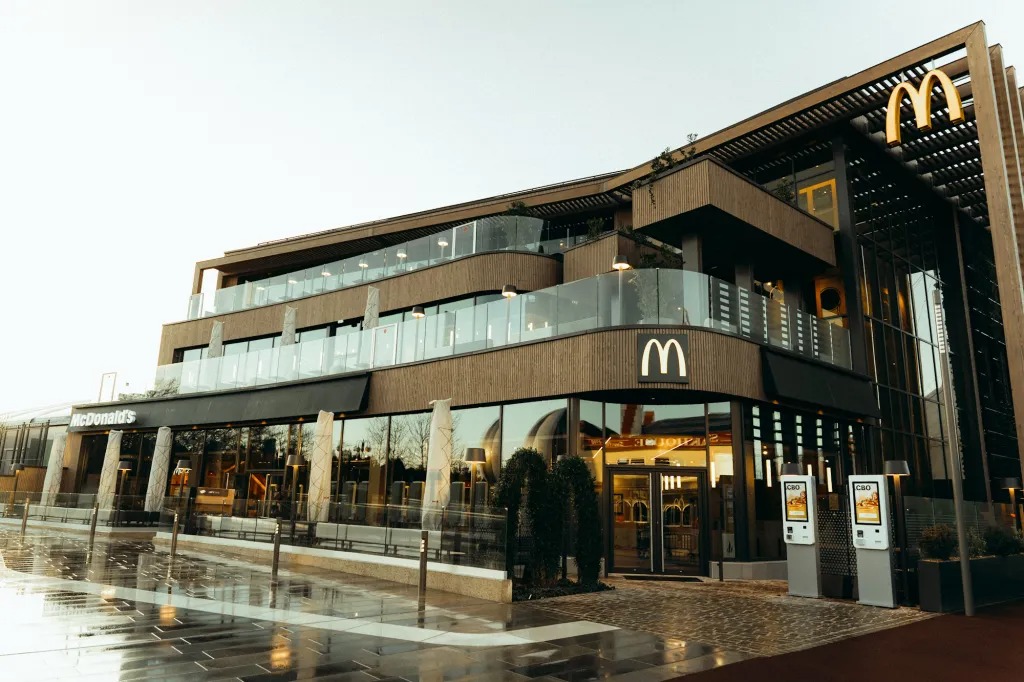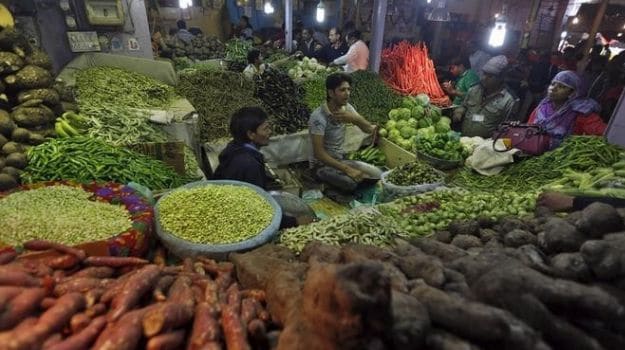Image credit: ReutersIndia's retail inflation eased in February, helped by smaller rises in food prices after edging up for six straight months, raising expectations of a central bank rate cut next month.Analysts said Raghuram Rajan, Governor of the Reserve Bank of India (RBI), could be encouraged to cut policy rates. Finance Minister Arun Jaitley has also stuck to a fiscal deficit target of 3.5 percent of GDP for next fiscal year in his third budget last month.
"For now, with inflation readings well below the central bank's target, and the government delivering on its fiscal targets, the case for a 25bp cut at the April meeting remains on the table," said Radhika Rao, an economist at DBS Bank in Singapore.Jaitley hiked annual state spending for the farm sector by 44 percent for the next fiscal year to over $5 billion and eased import curbs to restrain price rises.Annual consumer prices, which the RBI closely tracks to set its interest rate policy, eased to 5.18 percent in February from a year ago, data released by Ministry of Statistics on Monday showed.Economists surveyed by Reuters had forecast retail inflation to edge down to 5.60 percent in February compared with 5.69 percent in January.The wholesale price index fell for a 16th straight month in February, declining an annual 0.91 percent, driven down by tumbling oil prices, data released by Ministry of Commerce and Industry earlier showed.The central bank aims to bring retail inflation down to 5 percent by March 2017 and 4 percent a year later. New Delhi expects depressed global commodity prices and subdued domestic demand to help achieve the target, opening the window for further monetary easing.Retail food inflation in February eased to 5.30 percent, compared with 6.85 percent recorded the previous month.However, Rajan remains worried about services inflation that has been sticky since September 2015, keeping household inflation expectations elevated and pushing up urban wages.The central bank's monetary stance should remain tight to ensure a durable reduction in inflation, supported by measures to boost food supply, the International Monetary Fund said earlier this month.Rising prices are squeezing the budget of Sanjay Kumar, a 38-year-old worker in New Delhi, who earns $137 a month."My biggest worry is rising household expenses and education costs for my three daughters," said Kumar, who works as a housekeeper in a private company.(This story has not been edited by NDTV staff and is auto-generated from a syndicated feed.)
"For now, with inflation readings well below the central bank's target, and the government delivering on its fiscal targets, the case for a 25bp cut at the April meeting remains on the table," said Radhika Rao, an economist at DBS Bank in Singapore.Jaitley hiked annual state spending for the farm sector by 44 percent for the next fiscal year to over $5 billion and eased import curbs to restrain price rises.Annual consumer prices, which the RBI closely tracks to set its interest rate policy, eased to 5.18 percent in February from a year ago, data released by Ministry of Statistics on Monday showed.Economists surveyed by Reuters had forecast retail inflation to edge down to 5.60 percent in February compared with 5.69 percent in January.The wholesale price index fell for a 16th straight month in February, declining an annual 0.91 percent, driven down by tumbling oil prices, data released by Ministry of Commerce and Industry earlier showed.The central bank aims to bring retail inflation down to 5 percent by March 2017 and 4 percent a year later. New Delhi expects depressed global commodity prices and subdued domestic demand to help achieve the target, opening the window for further monetary easing.Retail food inflation in February eased to 5.30 percent, compared with 6.85 percent recorded the previous month.However, Rajan remains worried about services inflation that has been sticky since September 2015, keeping household inflation expectations elevated and pushing up urban wages.The central bank's monetary stance should remain tight to ensure a durable reduction in inflation, supported by measures to boost food supply, the International Monetary Fund said earlier this month.Rising prices are squeezing the budget of Sanjay Kumar, a 38-year-old worker in New Delhi, who earns $137 a month."My biggest worry is rising household expenses and education costs for my three daughters," said Kumar, who works as a housekeeper in a private company.(This story has not been edited by NDTV staff and is auto-generated from a syndicated feed.)
Advertisement






